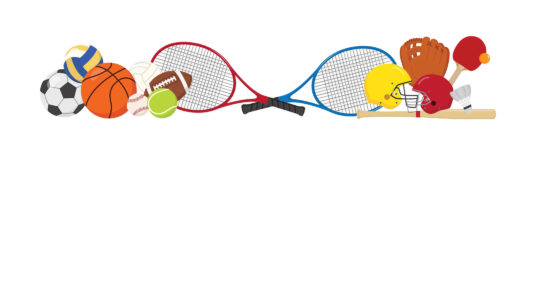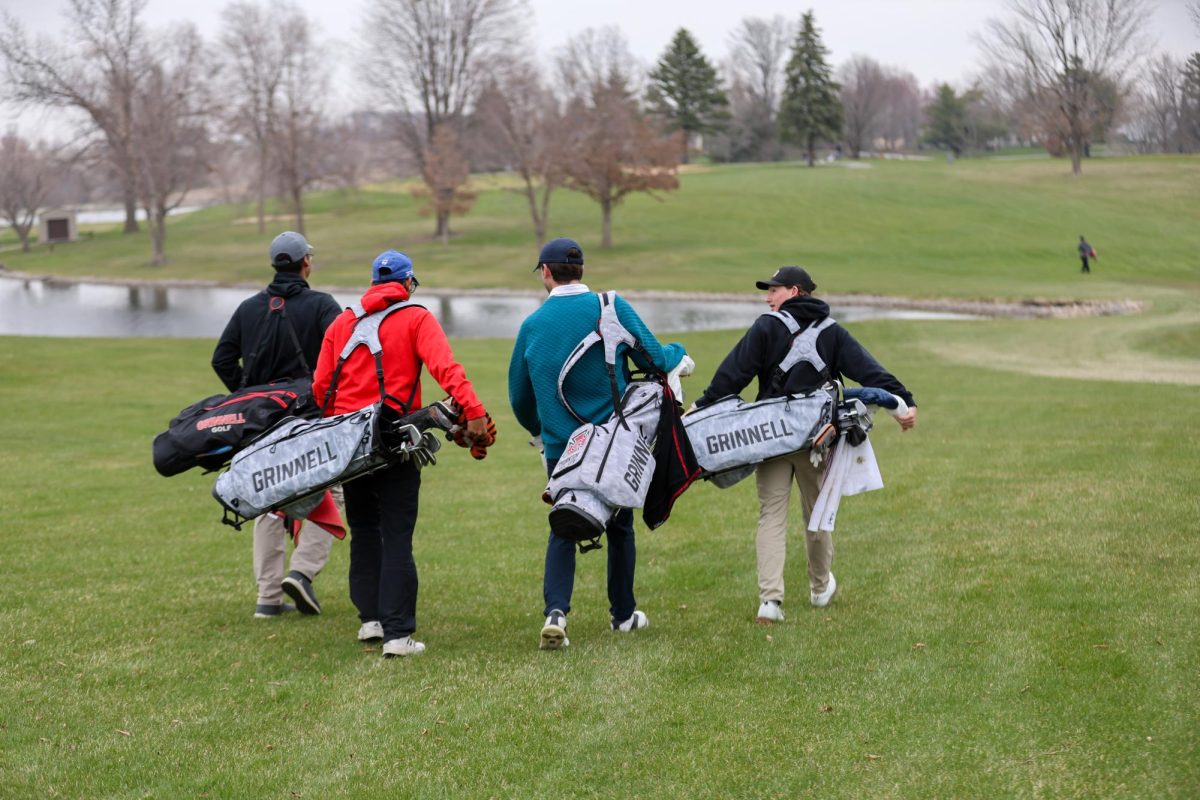
The two most storied franchises in NBA history, the Boston Celtics and the Los Angeles Lakers, played a regular season game on Nov. 8, 2017 in their first matchup of this season. In the days leading up to the game, ESPN ran a series of promos trying to stir fan interest in the relatively meaningless affair. These promos included footage of iconic players such as Magic Johson, Jerry West, Bill Russell and Larry Bird. Each of these individuals famously wore Celtic green or Laker purple and gold. While not every promo contained the same content, they all ended the same way: a graphic would flash across the screen with the words “rivalry renewed,” alongside a picture of three Celtics players and one Lakers player. That single player is a skinny, acne-speckled 20-year-old named Lonzo Ball, the new king of the Lakers. But what, or more aptly, who really fueled Lonzo Ball’s coronation?
Back in 2016, Lonzo Ball’s father, Lavar, declared that UCLA, Lonzo’s then-college team, would win the NCAA men’s basketball championship. Lavar has been a non-stop source of hot-takes, media sound bites and self-promotion ever since. He has parlayed Lonzo’s name recognition into a reality TV series, a slew of endorsement opportunities and most notably, an apparel company called “Big Baller Brand,” where Lonzo and his 16-year-old brother LaMelo have signature shoes that retail for upwards of $400 a pair.
According to those familiar with the retail industry, Lavar cost his family millions by turning down a proposed deal with heavyweight sports company Nike in favor of branching out on his own with “Big Baller Brand.” What Lavar lost in revenue, however, he more than made up for in individual mobility and influence. He retains sole decision-making power when it comes to all things concerning the Ball Family enterprise.
Operating within an inherently exploitative environment, covered by a sports media industry that increasingly relies on yelling as opposed to thoughtful discussion, there is a certain poignancy to all that Lavar Ball does. Over and over again, he cuts out a middle man who is widely decried. He yells and screams for attention, much in the same way as those who admonish him. Like President Trump, he is the manifestation rather than the cause of the political, social and cultural environment in which he exists. As such, we must ask the question of Lavar that we ask of Trump: is he gaming the system or destroying it?
It is perhaps giving Lavar too much credit to assert that he is a master manipulator who pushes all the right buttons and pulls all the right strings. However, it is equally misleading to write him off as a buffoon who landed in the spotlight simply because of his talented sons. It is more likely that Lavar had big goals for his family and his kids, poured his energy and efforts into achieving them and was then thrust into the spotlight when his investments started to pay dividends.
That doesn’t make Lavar a genius or a chump, but rather an opportunist whose motives are up for debate.
What isn’t debatable, however, is that Lavar has done little to take the shine off of his son Lonzo. If anything, he has given Lonzo a certain amount of goodwill from people who see Lavar as an exploitative father and Lonzo as the docile and obedient son. In fact, the word most often thrown around by sports media about Lonzo, aside from adjectives which describe his god-like passing ability, is “misunderstood.” Many may think it applies to Lonzo, but Lonzo, writing an article in The Player’s Tribune before the June NBA Draft, argues that it also describes his father.
“The confidence that you [Lavar] have in me makes me feel so strong,” Lonzo wrote. “It’s helped me to never back down from a challenge and to stay true to myself. I’m going to be taking this next step to the NBA knowing that I’m ready.”
During a May 2017 interview on Fox Sports’ “The Herd,” contributor Kristen Leahy attempted to ask Lavar Ball a question about his brand and his relationship with his sons. “Stay in your lane,” Lavar snapped back at her. Instead of apologizing in the wake of intense backlash to what many perceived to be offensive comments, Lavar doubled down. Within days the “Big Baller Brand” online store was selling shirts adorned with the phrase “Stay in Yo Lane.”
This commercialization of casual sexism, emblematic of Lavar’s ability to make anything marketable and relevant simply because “Lavar said it,” is the scariest part of his ascension to the limelight. Much like President Trump, Lavar has become a cultural force and a brand, who sweeps up scores of supporters with rhetoric and hides behind a mantra (“Big Baller” or “Make America Great Again”) that solely benefits its creator.
Although Lavar Ball and President Trump hold different roles with different responsibilities, they have similarly used their big personalities and brashness to garner a strong support base — a support base that is willing to overlook the questionable character traits of their respective patriarchs in the name of belonging to a movement. In Lavar’s case, he has made unapologetically sexist comments on multiple occasions. In Trump’s case, he has threatened the very foundation of American Democracy.
Hopefully Lonzo Ball’s selfless playstyle leads to greatness on the basketball court and affection off of it. Hopefully Lavar Ball can serve as a prescient reminder that we need to separate brands from ideologies and good fathers from questionable men.


















































